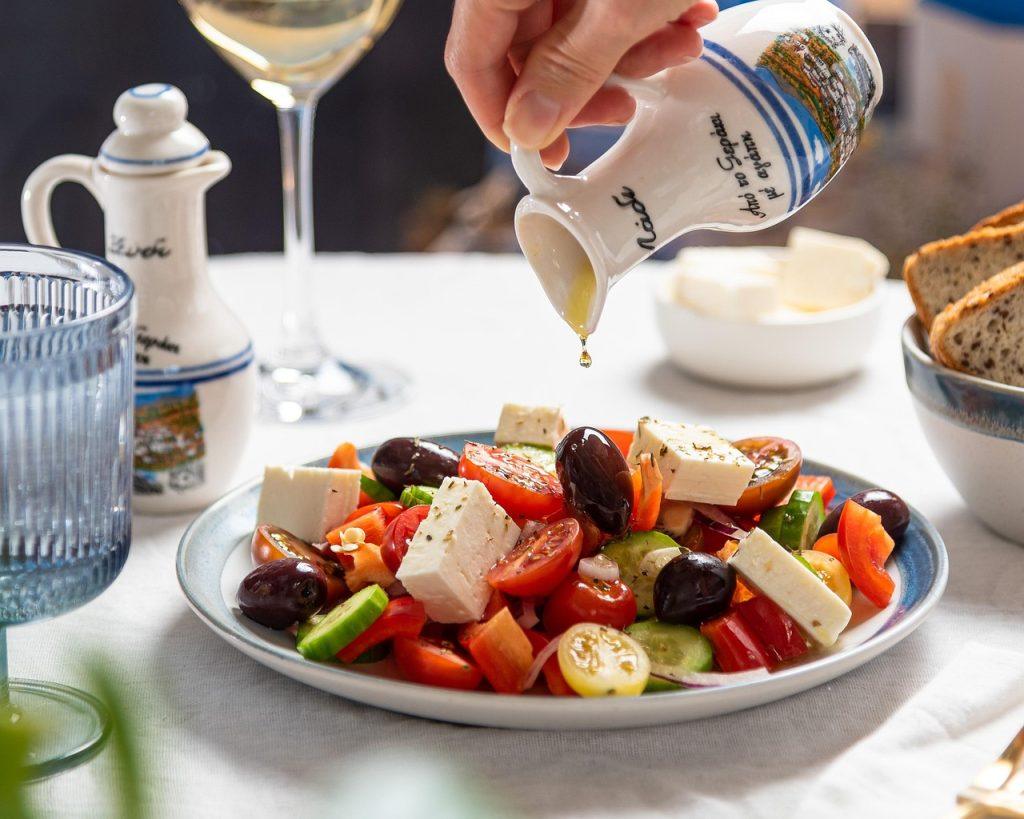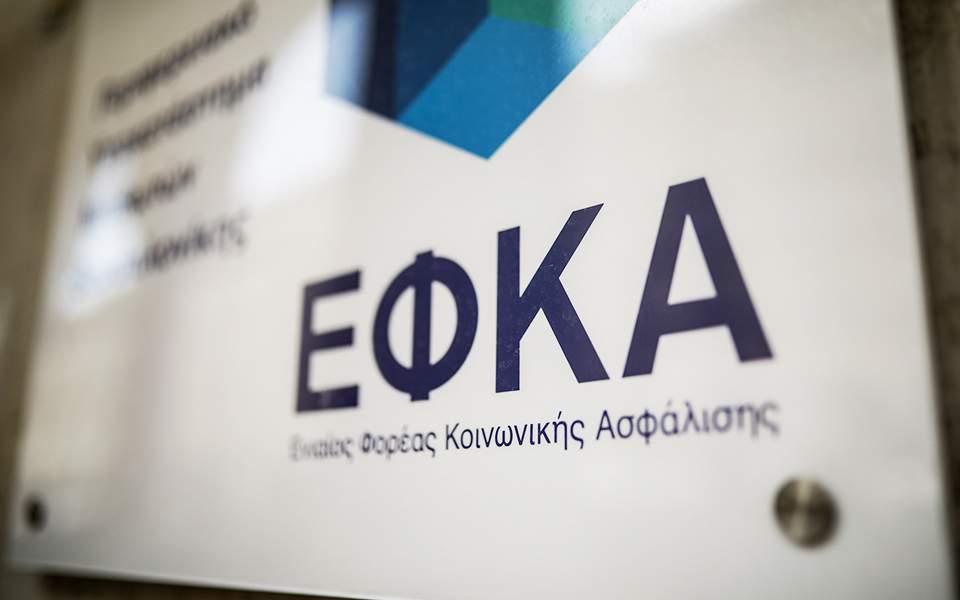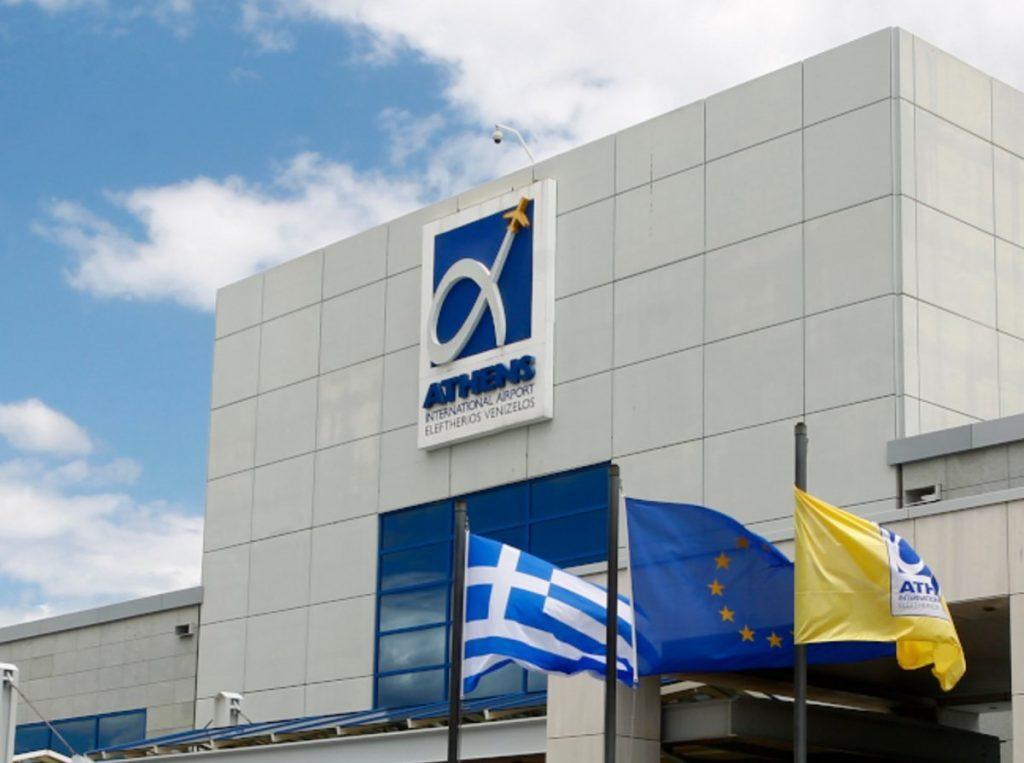It feels like the calm before the storm. The rapid spread of goat and sheep pox in Greece, which has reached alarming levels, is already troubling German importers of dairy products — especially Greek feta, the country’s signature export and a culinary ambassador of Greece around the world.
“For now, there’s a sense of paralysis,” says Tryfon Kolitsopoulos, a business consultant specializing in sales networks and a member of the German-Hellenic Business Association (DHW) in Cologne.
Greek Exporters Turn to Yogurt
Kolitsopoulos recalls his conversations with Greek dairy exporters during ANUGA, the world’s largest food and beverage trade fair, held in Cologne in early October.
“We noticed a clear trend among Greek exhibitors,” he explains. “They were already trying to attract new clients for next year — but not with feta. Instead, they were promoting other dairy products, mainly yogurt.”
The reason is simple: with the goat and sheep pox outbreak, supplies of Greek goat and sheep milk, the essential raw material for feta, will be severely limited in the coming months.
“Importers will focus on maintaining relationships with their existing clients rather than seeking new ones,” he adds. “They know there will be shortages. What struck me most at ANUGA was how reluctant Greek exporters were to give price quotes for next year. They were extremely cautious.”
A Price Surge Is Coming
The real shock, importers warn, will come in December.
“Feta prices will definitely rise before the holidays,” says Giorgos Tsopirdis, of Hellas Import, a family business founded in 1969 and based in Dortmund. “We won’t have enough quantities to meet demand. For now, we have stock — but after Christmas, things will get difficult.”
Tsopirdis says feta remains the top-selling Greek product in Germany:
“Feta is in huge demand here — not just from Germans, but from Turks, Italians, Romanians, Hungarians. Everyone loves it. But next year, we simply won’t be able to supply enough. No one knows when the market will stabilize again.”
Importers Brace for Shortages
In Cologne, Yiannis Paraschos of Salatino Food GmbH strikes a similarly cautious tone.
“We’ve seen shortages before,” he recalls. “Two years ago, milk scarcity also pushed feta prices up. But what’s happening now is on another level. The situation is critical — the disease keeps spreading, farmers are desperate, and the entire dairy sector is on emergency footing.”
Will “Imitation Feta” Fill the Shelves?
The question now troubling importers is how the gap will be filled.
“It’s going to be a serious problem,” Tsopirdis admits. “Maybe someone will find a workaround — perhaps using imported milk, or even powdered milk from China. Of course, reputable companies would never do that. But alternatives will be found — they have to be.”
Kolitsopoulos stresses that authentic Greek feta is a PDO product (Protected Designation of Origin), produced exclusively in Greece from pasteurized goat and sheep milk sourced from specific regions, under strict aging and production rules.
“Making feta from anything else isn’t just misleading — it’s illegal under EU law,” he says. “What I can imagine, though, is that some supermarket chains in Germany will try to fill the gap with ‘Hirtenkäse’ — a so-called shepherd’s cheese made from cow’s milk, white and crumbly like feta, but not the real thing.”
In other words, feta will still exist, but it will be rarer and more expensive, while store shelves will fill with feta-style white cheeses that mimic the original but don’t match its authenticity.
“The problem,” Kolitsopoulos adds, “is that when you produce a PDO product, no one can truly replicate it.”
Beyond Feta: Other Greek Cheeses Affected
The shortage won’t just hit feta. Greece’s milk crisis will ripple across its entire cheese industry.
“Discerning German consumers are increasingly asking for other Greek cheeses — graviera, kefalograviera, kefalotyri, manouri, mizithra,” Kolitsopoulos notes. “But feta remains by far the most popular. Its taste is tied to people’s memories of summer holidays under the Greek sun.”
Now, however, that nostalgic flavor of Greece could become a luxury.
As Paraschos puts it:
“Anyone in Germany who wants to relive that sunny Greek feeling through a bite of authentic feta next year will have to dig a lot deeper into their pockets.”
Source: tovima.com











![Ακίνητα: Η έκπληξη της Θεσσαλονίκης στο real estate [πίνακες]](https://www.ot.gr/wp-content/uploads/2026/01/Thessaloniki-White-Tower-film-1024x576-1.jpg)


























